Tackling the downturn
A few auto component companies discuss the impact of the economic slowdown and how they are dealing with it.
As the country's economy sees a serious slowdown, the Indian automobile industry is witnessing a fall that has turned from bad to worse. As that happens, the $57 billion or Rs 3.96 lakh crore component industry is looking at a subdued performance this year. Sumantra B Barooah spoke to leaders of a few leading companies to learn about the slowdown impact and how the enterprises are dealing with it.
Deepak Chopra, CEO, Anand Group
What was the growth forecast for the Anand Group and how much has it been revised by?
This year we had planned for around Rs 11,000 crore, compared to Rs 10,200 crore, but I think we are definitely going to fall short of it. We are trying to see if we can have at least a marginal growth.
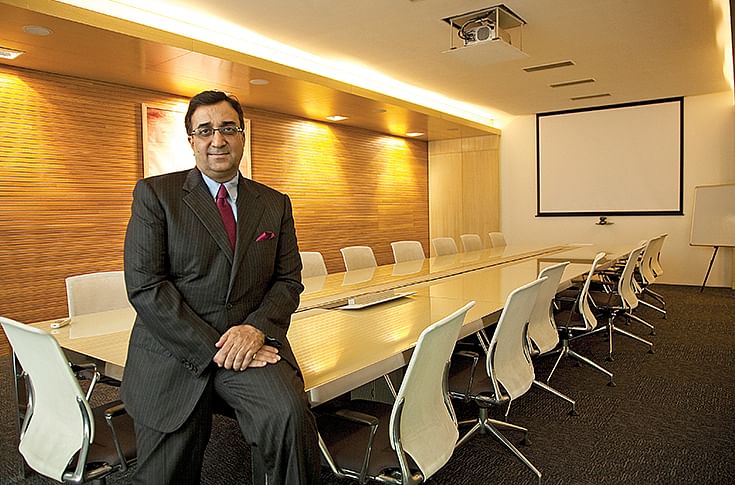
We thought we would be growing by 10 percent or so this year. We really expected growth to come back, at least after the election results but it has become much more deep-rooted.
Going by what we observe in this industry, the growth may come back only in the next financial year. This year, we would be lucky to have at least 2-3 percent growth. On the YTD basis, we are still having about 1-2 percent growth. We have started with certain new projects, for example, multiple components in Kia. The new projects would play the role of growth pillars here. New regulations are also giving us new opportunities.
In terms of investments, what is the revised plan?
We have been investing around Rs 750-800 crore every year at a group level. This year, it will be a little short of Rs 600 crore. Some of the other investments, for example transition to BS VI technologies, airbags and seatbelts. We are also in the process of setting up a new R&D centre and some new R&D investments in some other company members of the group. We also have plans for our flagship company, Gabriel. Wherever it was needed to conserve, we have been able to do so.
So, have you revised your five-year plan as well?
We are in a very volatile kind of a situation now and going forward it would be much more difficult to predict things. You have to really keep yourself very nimble, agile and flexible. So that is what we are planning to do. While we still have a planning process, we would say that much more reliance is there on the budgets that we do. Even this year, whatever budgets we made, we are unable to do that. So by October, we will try to review our figures. We believe it is going to take us longer to reach our goals this time.
I believe the impact of the current condition is going to last till the next festive season and since we follow the calendar-year system, for most of us, the next year will also be stressed. When we are recasting, we would have to look at that and maybe it might take a year longer for us to reach our goals, unless there are some inorganic opportunities coming up.
Nishant Arya, Executive Director, JBM Auto
How much have you reworked JBM Auto's investment plan due to the ongoing performance of the industry?
This year we are not looking to invest further in capex and are deferring that to next year. We are deferring almost Rs 150 to Rs 200 crore of capex. We were planning to invest this in new products, capacity expansion, new facilities and all those things put together. Our complete capex is already going on across the globe and close to Rs 400 crore is what we are deferring.
How many electric buses has JBM sold till date, and what’s the investment plan in this space?
Almost 300-plus, all put together. We will also participate in the over 5,000 e-buses projects. First, the tender has to be made and then people will participate. None of the electric buses will go to schools because FAME II restricts the sale of the buses only to STUs. This applies if you are looking for the subsidy, otherwise, you are free to sell it to anyone without the subsidy.
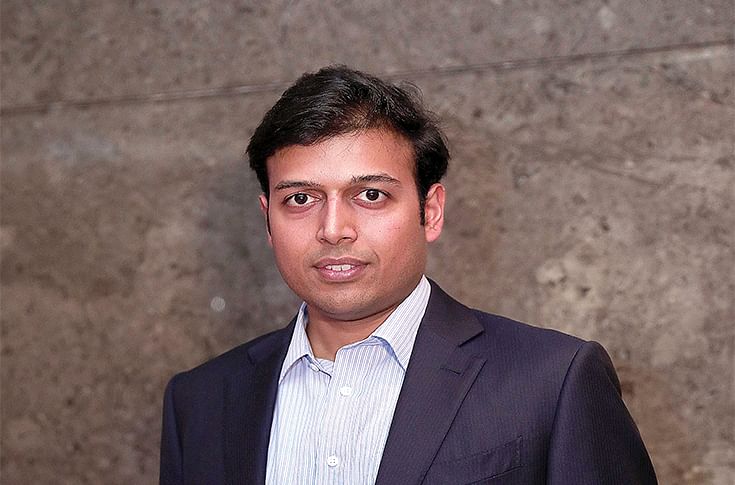
We have a plan to invest a little over Rs 500 crore in electric mobility, which we started with last year. This will go out for a period of three years and will include our facility and the rest.
Rama Shankar Pandey, Managing Director, Hella India Lighting
Looking at the current times, what are the measures that you have taken to tackle the slowdown and how much of reworking is going on at Hella India Lighting?
We knew that the segment (non-car), which we are basically addressing, has been volatile. This is not new for us as forecasting this segment is always difficult. The business model that we have already tweaked into is called modular customisation. So, we make products or technology much in advance.
We just bought a new plant, which we procured from Australia as car production has stopped there. We now have a brand-new plant and have the technology too. We will continue with modular customisation.
At Hella, we have coined a term called ‘Local for Global’. What we are doing in India is introducing a lot of first-time-in-the- world products helping to mitigate road deaths.
When uncertainty is the certainty, we need to be agile with our business model and we have a chance to build our business model according to with the modular customisation model.
What is your investment plan for this year?
The plant is our highest investment till now in one year. Due to this fully customised headlight plant that we have over here, there is no technology that we cannot provide in lighting.
Prashanth Doreswamy, Managing Director, Continental Automotive Components India
What is the status at Continental India on the current scenario and how is the company coping with the current situation?
We strongly feel that this current slowdown is temporary and it should start picking up sharply with some of the supports that the government will deliver. At Continental Business Systems (CBS), we started to use our methodology in a much more stronger way with more focus not only in production but also in non-production media as well. That certainly started to help us to cut down on some of the past issues.
Second is the fixed costing. We have a very focused approach in containing our fixed cost in line with the sale to expanding our existing facilities. We are looking at the recruitment practice more rigorously.
What is Continental’s current capacity utilisation level?
What we are doing right now is trying to optimise the shifts. The second thing is optimising the volumes in terms of optimising the shifts, so that we can get the maximum output from whatever the capacity is.
Also, we are working on reducing the cycle times which is also helping us to contain the cost. So the average utilisation cost varies from line to line and it is very difficult to comprehend as all of our plants are multi-product based. We continue to operate our OEs at 85 percent and above and we have optimised our shifts also for the aftermarket segment. We are still catering to exports and we do not see any reductions happening there.
What’s your take about a turnaround in the industry?
You will see a phased blip in Q4 happening but mostly that would be mostly going from the inventory side. I think from the passenger vehicle side, pre-buying will be at healthy levels now. I was looking at the dealer inventory and it has come down to 30-35 days' level which is pretty decent.
Two things from the government — the GST and the vehicle scrappage policy — will drive the sentiments. If the GST can compensate to the extent of price increases that will happen with BS-VI, then certainly the sentiment will come back. Scrappage will also mean vehicle replacement and that would create demand, especially in the commercial vehicle market. The finance minister recently announced an infrastructure policy reform worth Rs 5 lakh crore, which would have a direct impact on the commercial vehicle industry.
Rohit Saboo, President & CEO, National Engineering Industries
Do you think a reduction in GST will give your company gains in the ongoing turbulent times?
If the government reduces GST, it will reduce the cost for the end user and there could be a new interest in the market and in turn help in the revival of the automotive industry.
The component industry, like the bearing industry, is totally dependent on OEMs. So, if OEMs increase their production, then they would require our products and we will supply more. GST reduction will not have a direct impact on us.
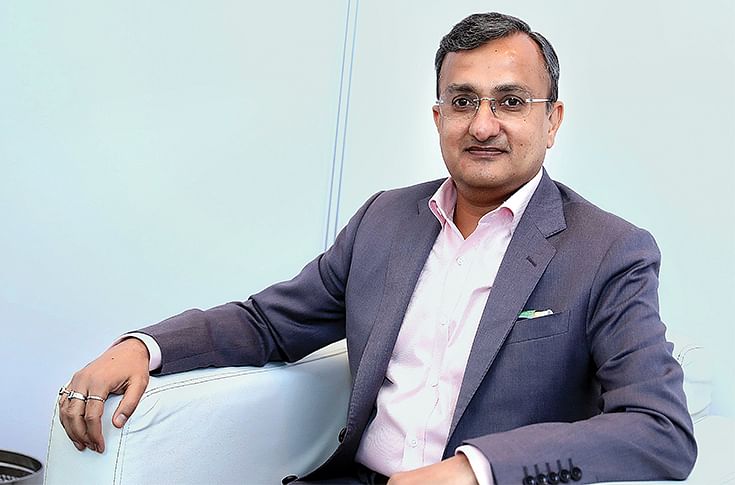
We export 20 percent of our produce, so even though export revenues have improved it has not made a huge impact for us.
What sort of impact has the industry slowdown had on your company and how are you managing it?
We have recently started a massive cost reduction programme. We are also investing in Industry 4.0 to improve efficiencies of the machines and in turn of employees. In the current scenario, we do not want to touch our people now, but if the scenario does get any worse then, we would have to consider some layoffs.
We have been working on BS VI products for the past one-and-a-half year. We have already developed BS VI-compliant bearings for most of our customers. The EV phenomenon will come but it will take a little time. All we can do is prepare ourselves for that.
At NBC, we are supplying bearings for some of the international and national EV manufacturing clients. In India, our clientele includes Mahindra Electric Mobility and also many assembly companies, which import kits and develop the final product here. Other than electric three-wheelers, there are many electric two-wheelers coming up. We are also working with some of the big OEMs to develop new platforms for e-mobility.
As far as balancing inventory is concerned, the demand for EVs right now is very small, so it's not an issue. As regards BS VI components, we get the production plan from the OEMs and we manufacture as per that. So we are not manufacturing to stock, we are manufacturing to supply.
On the investment front, have you felt the need to take a relook at your plan?
In the past five years, we have been steadily investing about Rs 200-300 crore every year for expansion but this year we have reduced it. We are delaying the machines that we have already ordered so that they arrive next year and the outflow of money balances out. However, by end-2019, we are going to start the construction of our new plant about 35km west of Jaipur.
The times are tough and unlike the past recessions, this time the confusion is a little bit more. All we can do is to be more resilient, cut costs, invest in R&D and be cautious till the uncertainties or indecisions get sorted out in the industry and with the policies. We hope the government makes the environment finance- friendly.
I predict that BS-VI demand will eventually even out to what the normal demand is. Since most of the OEMs are expecting a 5-10 percent growth in the cost of the vehicle, there will be a slight slump in the sales in the initial period but eventually, buyers would have to settle down with the new sole option. If the government reduces the GST and brings about similar other incentives, then the initial hiccup period could be reduced and we could see growth much earlier.
(This article was first featured in the September 15, 2019 issue of Autocar Professional)
RELATED ARTICLES
Beyond Cars: VinFast's Full-spectrum EV Push in India
With $2 billion committed, VinFast is constructing an integrated play spanning cars, scooters, buses, ride-hailing and c...
A Breather for Hero
A combination of policy tailwinds, new products and Honda’s cautious approach on EVs put a stop to the constant encroach...
Renault India's Quiet Fixer
As the head of Renault India, Francisco Hidalgo Marques faces his biggest challenge yet.






 15 Oct 2019
15 Oct 2019
 6050 Views
6050 Views




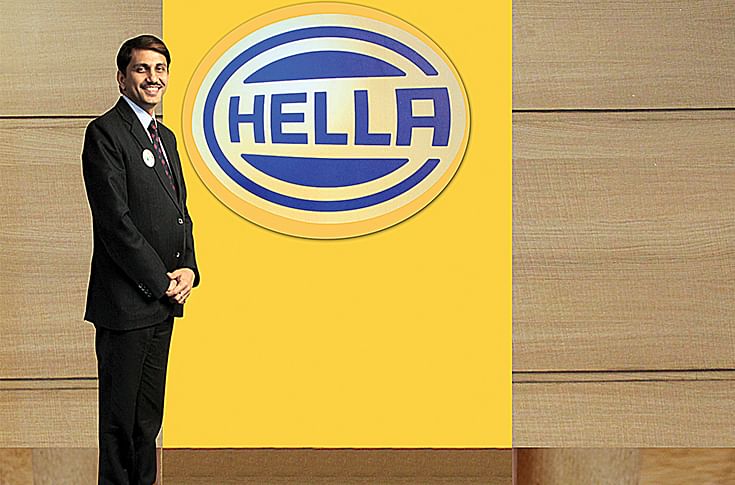
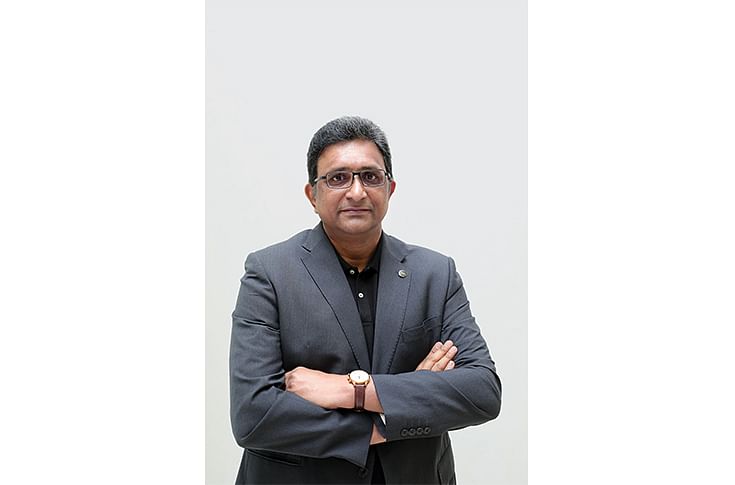

 Kiran Murali
Kiran Murali




